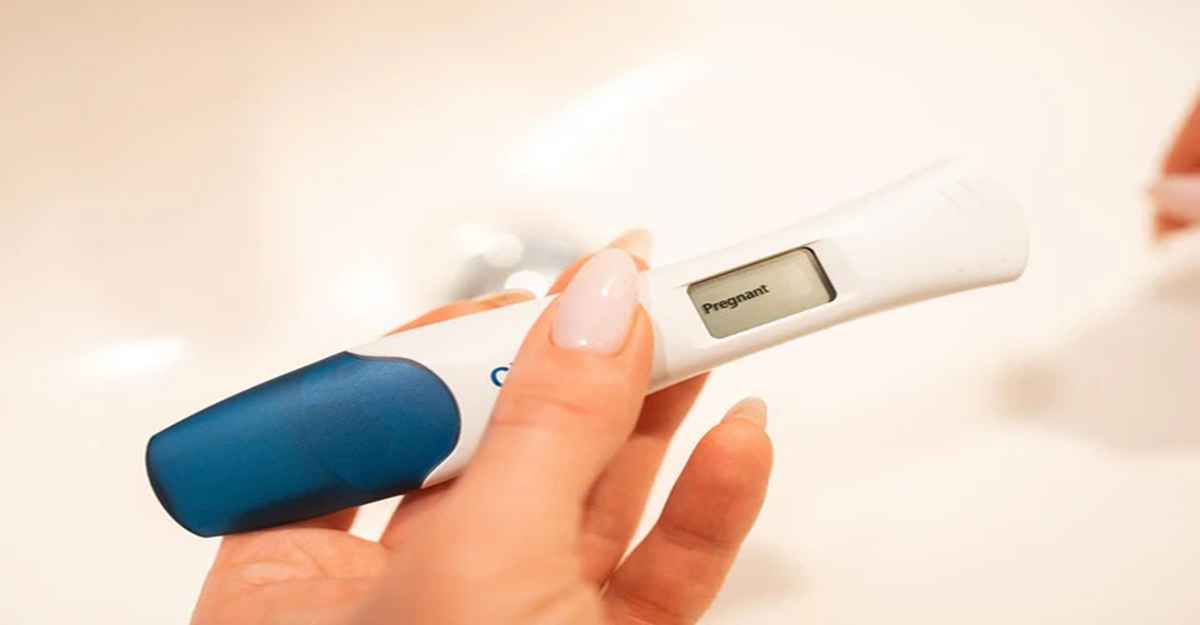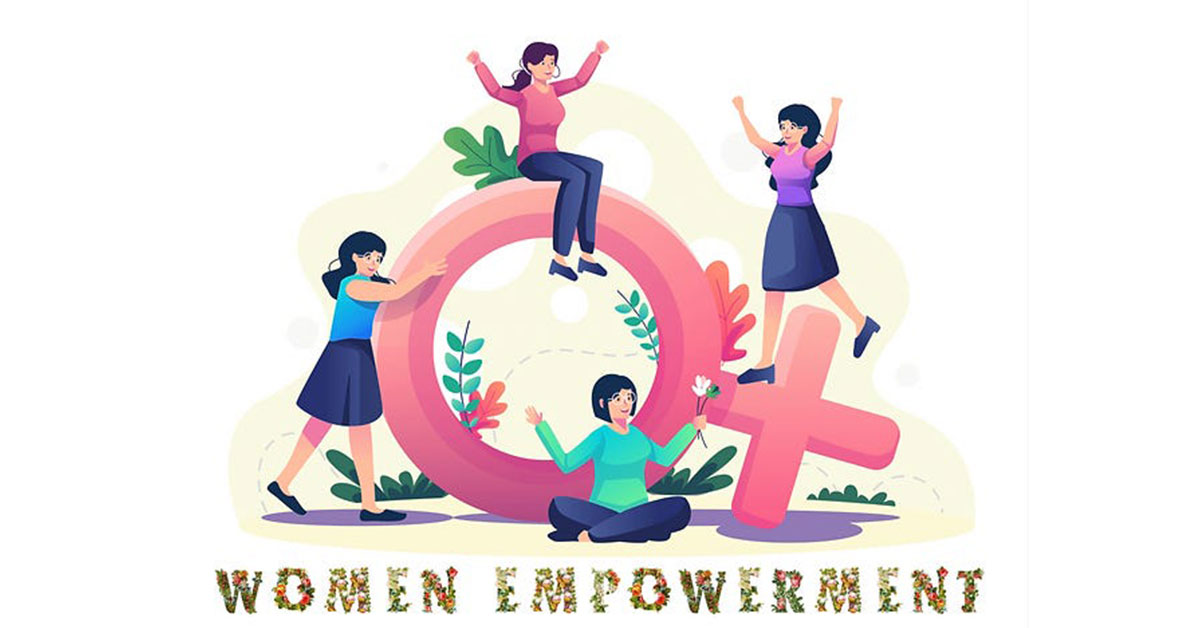Understanding the ovulation process and the time frame for pregnancy can help improve your chances of conceiving. If you are planning to have a baby or simply curious about fertility, it’s important to know how many days after ovulation conception is possible. This article explores the key details about the fertility window, ovulation timing, and when you have the best chances of becoming pregnant.
Understanding Ovulation
Ovulation is a crucial phase in the menstrual cycle when a mature egg is released from the ovary. Typically, ovulation occurs about 14 days before the start of the next menstrual period, though this timing can vary depending on the length of an individual’s cycle.
Once the egg is released, it travels through the fallopian tube where fertilization by sperm can occur. The egg remains viable for a limited amount of time, making the period immediately after ovulation critical for conception.
The Fertility Window Explained
The fertility window refers to the few days each month when a woman is most likely to become pregnant. This period typically spans five days before ovulation and ends one day after ovulation. Here’s why:
- Sperm Lifespan: Sperm can live inside the female reproductive tract for up to five days under optimal conditions.
- Egg Lifespan: After ovulation, an egg can be fertilized for about 12 to 24 hours.
Together, these factors create a brief but optimal time frame for fertilization.
How Many Days After Ovulation Can You Get Pregnant?
You are most likely to conceive on the day of ovulation and within 24 hours after ovulation. After this window closes, the chances of pregnancy significantly decrease because the egg can no longer be fertilized.
For example:
- Day of Ovulation (Day 0): The egg is released and is ready to be fertilized. This is one of the best days to try for pregnancy.
- First Day After Ovulation (Day 1): There is still a possibility of fertilization if sperm is present.
- Two or More Days After Ovulation: The egg has disintegrated, and pregnancy is unlikely.
Factors That Affect Fertility
Several factors can influence your chances of getting pregnant around ovulation:
- Cycle Regularity: Women with regular menstrual cycles are more likely to predict ovulation accurately.
- Health of Reproductive Organs: Conditions like polycystic ovary syndrome (PCOS) or blocked fallopian tubes can affect ovulation and fertility.
- Age: Fertility declines with age, making timing more critical for older women.
How to Track Ovulation for Better Timing
Tracking ovulation can help you identify your most fertile days. Several methods can be used to determine when ovulation occurs:
- Ovulation Predictor Kits (OPKs): These kits detect the surge in luteinizing hormone (LH) that occurs 24-36 hours before ovulation.
- Basal Body Temperature (BBT) Charting: A slight rise in basal body temperature indicates ovulation has occurred.
- Cervical Mucus Monitoring: Fertile cervical mucus becomes clear and stretchy, resembling raw egg whites.
- Calendar Method: By tracking the length of your menstrual cycles, you can estimate ovulation, although this method is less precise.
Tips to Improve Your Chances of Getting Pregnant
If you want to conceive, consider these strategies:
- Have Regular Intercourse: Engage in intercourse every two to three days during your cycle to ensure sperm is available when the egg is released.
- Time Intercourse Around Ovulation: Try to have intercourse on the days leading up to and including ovulation.
- Maintain a Healthy Lifestyle: Eat a balanced diet, avoid smoking, and reduce alcohol consumption to promote fertility.
- Manage Stress: High levels of stress can interfere with ovulation, so practicing relaxation techniques can be beneficial.
Common Myths About Ovulation and Pregnancy
There are many misconceptions about fertility and pregnancy timing. Here are a few debunked:
- Myth: You Can Get Pregnant Any Day of Your Cycle: While it’s technically possible, the chances of pregnancy are highest during the fertile window.
- Myth: Ovulation Happens Exactly on Day 14: Not everyone ovulates on day 14; cycles vary in length, so tracking your cycle is essential.
- Myth: Stress Has No Impact on Fertility: Stress can affect hormone levels and disrupt ovulation.
When to Seek Medical Advice
If you have been trying to conceive for more than a year (or six months if you are over 35), it may be time to consult a healthcare professional. Conditions like irregular cycles, hormonal imbalances, or other reproductive health issues might require medical attention.
Conclusion
In summary, the chances of getting pregnant are highest on the day of ovulation and within the first 24 hours afterward. Understanding your cycle, tracking ovulation, and timing intercourse accordingly can significantly improve your chances of conception. By staying informed and maintaining a healthy lifestyle, you can better navigate your fertility journey and increase the likelihood of achieving pregnancy.










